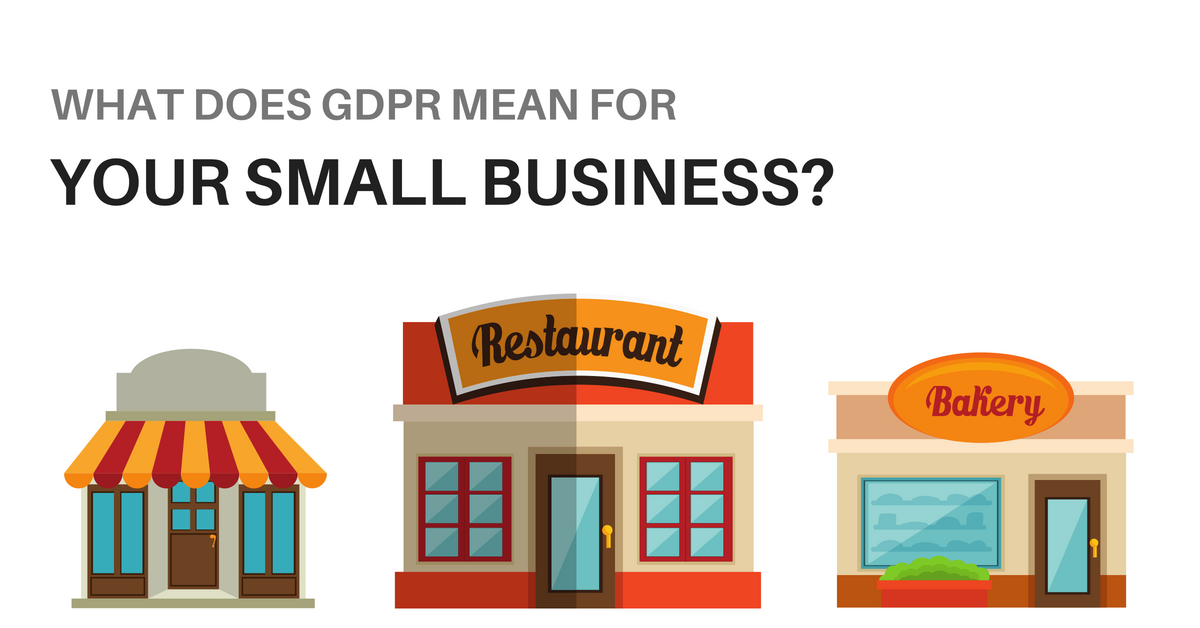
What does GDPR mean for Small Businesses?
What does GDPR mean for Small Businesses?
The way that your data is stored by companies across the world is about to change. On May 25, 2018 the General Data Protection Regulation (GDPR) will take effect – creating strong regulations for consumer-focused businesses, in turn protecting your privacy even further. This initiative is focused on EU citizens and securing their rights for privacy and data collection and storage.
What will change with GDPR?
Plenty! Some companies like Google have been in legal battles over the past decade in regards to publishing photos of people’s homes using their Google Street view. Now there will be an easier way for people to opt out. Your transaction records, home address and medical records will all need to be stored differently and more securely. Many of these items are not allowed to be collected under the new GDPR standards.
Google’s new Data Retention Policy
The way that Google collects data across it’s different products and tools is changing. If you have logged into Google Analytics recently you will notice that a new setting needs to be updated – how long will with you retain user data – starting at 26 months and potentially forever. These changes help you decide how long you will keep collected user data from people that visit your website. Most advertisers don’t use data collection methods that would be affected by this new regulation and set of rules but as your digital marketing campaigns gain breadth, you may be playing in this new area of regulation.
Small Businesses Affected by GDPR
If you are a small business located in the US, you will likely not be affected. Generally speaking, unless you are in a regulated industry that deals with financial, medical or personal information, you won’t need to worry.
